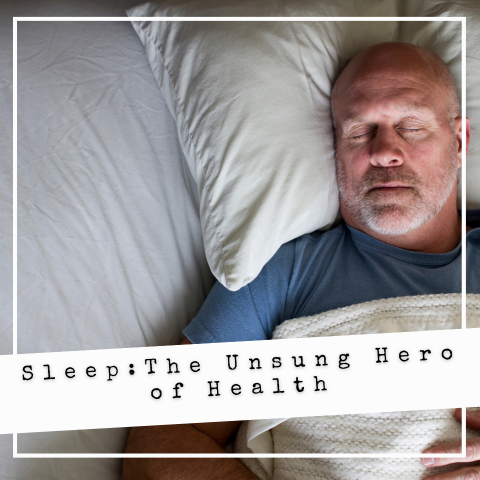Submitted by Melissa Vidito on

Sleep is a fundamental biological process that is essential for our physical and mental health. Time for our bodies to rest, repair, and rejuvenate, getting adequate rest is an important topic for fitness professionals to discuss with clients and classes. When we don't get enough sleep, we can experience a variety of negative consequences, including:
- Fatigue
- Difficulty concentrating
- Mood swings
- Weakened immune system
- Increased risk of chronic diseases such as heart disease, stroke, and diabetes
In fact, sleep is so important that the Centers for Disease Control and Prevention (CDC) has designated it as a public health priority. The CDC recommends that adults get at least 7 hours of sleep per night. However, many Americans are not getting enough sleep. A 2020 Gallup poll found that only 35% of adults reported getting 7 or more hours of sleep per night on weekdays.
People may experience sleep deprivation because of:
- Stress
- Anxiety
- Depression
- Caffeine
- Alcohol
- Screen time
- Working overnight shifts
If you are having trouble sleeping, there are a number of things you can do to improve your sleep habits. These include:
- Establish a regular sleep schedule and sticking to it as much as possible, even on weekends.
- Create a relaxing bedtime routine.
- Make sure your bedroom is dark, quiet, and cool.
- Avoid caffeine and alcohol before bed.
- Get regular exercise, but avoiding strenuous activity close to bedtime.
- See a doctor if you have trouble sleeping for more than a few weeks.
- Wind down before bed by avoiding screens for at least an hour before sleep.
- Make sure your bed is comfortable and supportive.
- Use relaxation techniques such as deep breathing or meditation to calm your mind and body before bed.
- Create a sleep-conducive environment by keeping your bedroom dark, quiet, and cool.
- Avoid napping during the day, as this can make it harder to fall asleep at night.
Getting enough sleep is one of the most important things you can do for your health. By making sleep a priority, you can improve your overall health and well-being. If you are having trouble sleeping, talk to your doctor. There may be an underlying medical condition that is affecting your sleep. By making sleep a priority, you can improve your overall health and well-being.
Check out these additional resources on the importance of sleep:
- National Sleep Foundation: https://www.sleepfoundation.org/
- Centers for Disease Control and Prevention: https://www.cdc.gov/sleep/index.html
- American Academy of Sleep Medicine: https://aasm.org/
